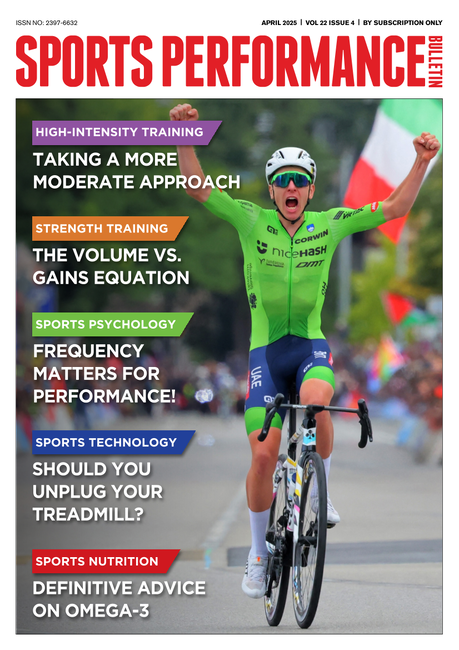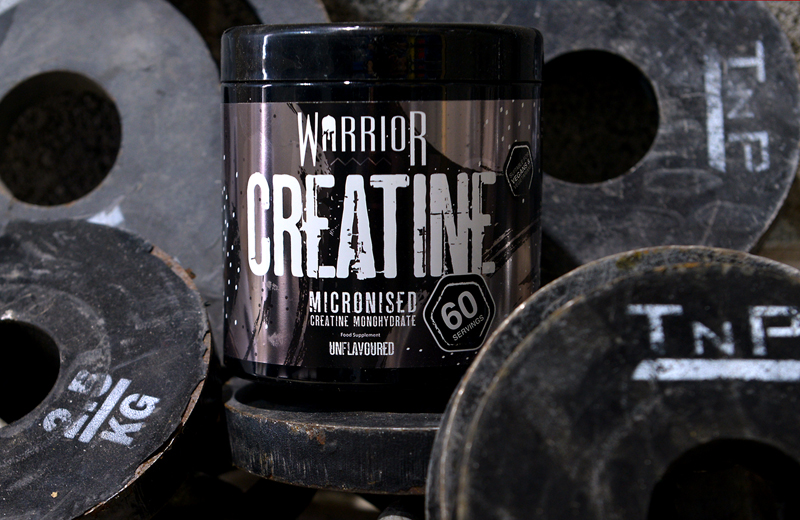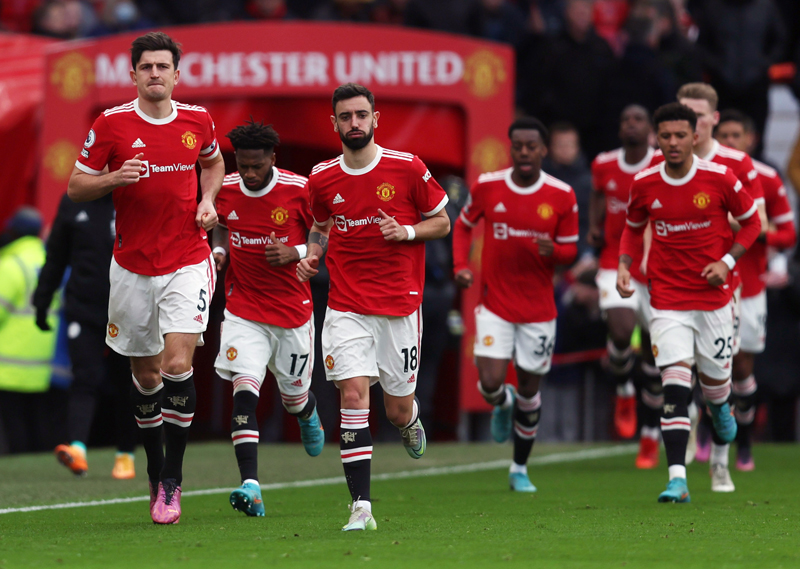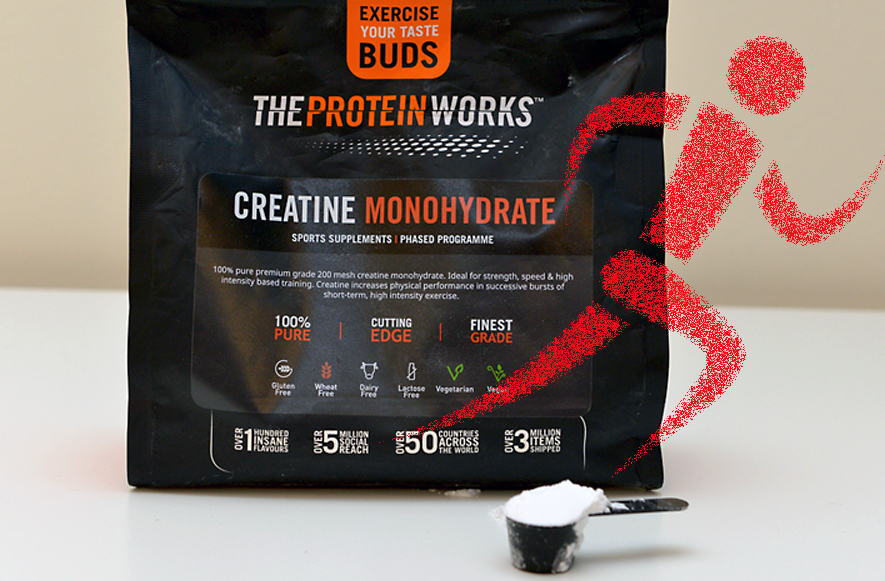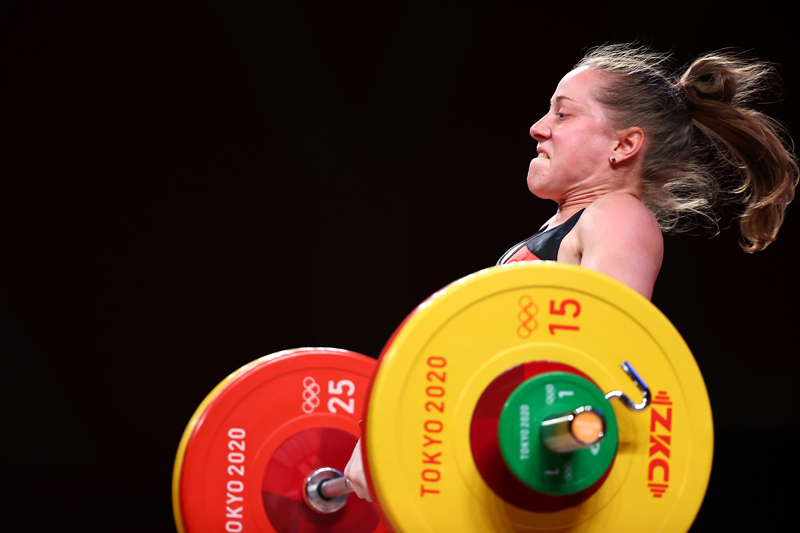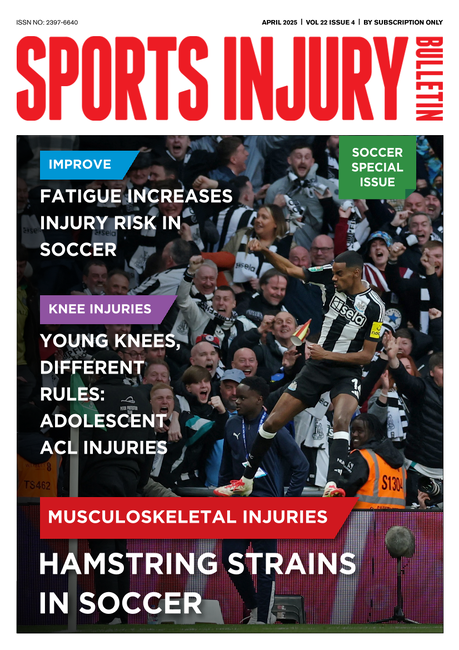Endurance athletes: even more reasons to eat beetroot!

Unless you’ve been living on Mars for the past decade, you’ll almost certainly have heard of the benefits of beetroot supplementation for boosting endurance performance. Beetroot, and especially beetroot juice is very rich in a naturally occurring mineral called nitrate. When ingested before exercise, dietary nitrate from beetroot juice (and from other sources) appears to enhance blood flow through the fine capillaries of muscle tissue, helping to boost muscular efficiency during sub-maximal exercise, which in turn means less energy expended at a given workload. And that’s a good thing because less energy expended for a given workload means that endurance is enhanced.
However, although the benefits of nitrate have been well documented, it seems that nitrate isn’t the only component of beetroot that produces ergogenic effects. Beetroot is also extremely rich in natural compounds called ‘betalains’. These compounds are the pigments that give beetroot its intense purple-red colour. Interestingly, recent research suggests that betalain compounds may themselves have an ergogenic effect, thereby boosting endurance [Appl Physiol Nutr Metab. 2017 Feb;42(2):166-172].
The research
Researchers decided to investigate the effects of a betalain-rich concentrate of beetroots (containing no sugars or nitrate) on exercise performance and recovery in 22 triathletes. In the study, nine male and thirteen female triathletes completed two separate double-blind, crossover, randomised trials (the most scientifically rigorous study design). Each of the trials was preceded by six days of supplementation; one trial using 100mgs per·day of betalain, and one trial using an inert placebo. On the 7th day of supplementation, the triathletes performed 40 minutes of steady-state cycling at around 75% of VO2max (moderately hard), which was then followed by a 10-km running time trial. All the subjects then returned 24 hours later to complete a 5km running time trial in order to assess recovery. Once one trial had been completed, the betalain and placebo groups were reversed (crossover) and the trials were repeated – ie triathletes who had been taking betalain now took placebo and vice-versa.The findings
The first finding was that the triathletes ran the 10km time trial significantly faster when they had taken the betalain supplement (49.5mins for betalain vs. 50.8mins for placebo), even though the perception of effort was similar in both trials. Secondly, the 5km times in the recovery period the next day were also faster when the triathletes had supplemented with betalain (23.2mins vs. 23.9mins). Physiological measurements showed that creatine kinase (a muscle damage marker) increased less following the 10km time trial when betalain was taken, as did levels of subjective fatigue. Overall, the researchers concluded that the betalain had not only boosted endurance performance, but had also reduced muscle damage during the 10km time trial, which enabled the triathletes to recover faster and perform better in the subsequent 5km time trial.PP verdict
This is the first study to investigate the ergogenic effect of betalain alone in beetroot; all the previous studies have studied the effects of beetroot juice containing nitrate, which means they were also looking at the effects of the nitrate in the beetroot. The good news is that it seems that it’s not just the nitrate in beetroot that could boost performance; betalain supplementation could help too. Caution is needed however because more studies will be needed before we can be confident of the benefits (or not) of betalain. However, previous laboratory research on betalain has shown that it is a very powerful antioxidant, capable of reducing potentially carcinogenic cellular damageFree Radic Res. 2012 Jan;46(1):93-9, and this fits with the findings of reduced muscle damage and faster recovery.Practical suggestions
- It’s too early to be sure how effective betalain could be, and in any case, betalain supplements are not readily available at the moment. Beetroot extract supplements are available, but there’s no guarantee of the levels of betalain in these.
- Don’t forget that there are high levels of betalain in concentrated beetroot juice; this might explain why taking beetroot juice over a period of a few days might produced enhanced benefits compared to taking a single shot before exercise (the nitrate effect).
- Some studies have estimated that (depending on the variety and growing conditions) beetroot typically contains around 0.02% to 0.10% by weight of betalainInternational Journal of Food Science and Technology 2009, 44, 2365–2376. This suggests that eating around 100-500 grams per day of beetroot could deliver a similar amount of betalain (100mgs) as used in the study above – quite doable, especially if you enjoy beetroot in salads!
You need to be logged in to continue reading.
Please register for limited access or take a 30-day risk-free trial of Sports Performance Bulletin to experience the full benefits of a subscription. TAKE A RISK-FREE TRIAL
TAKE A RISK-FREE TRIAL
Newsletter Sign Up
Testimonials
Dr. Alexandra Fandetti-Robin, Back & Body Chiropractic
Elspeth Cowell MSCh DpodM SRCh HCPC reg
William Hunter, Nuffield Health
Newsletter Sign Up
Coaches Testimonials
Dr. Alexandra Fandetti-Robin, Back & Body Chiropractic
Elspeth Cowell MSCh DpodM SRCh HCPC reg
William Hunter, Nuffield Health
Keep up with latest sports science research and apply it to maximize performance
Today you have the chance to join a group of athletes, and sports coaches/trainers who all have something special in common...
They use the latest research to improve performance for themselves and their clients - both athletes and sports teams - with help from global specialists in the fields of sports science, sports medicine and sports psychology.
They do this by reading Sports Performance Bulletin, an easy-to-digest but serious-minded journal dedicated to high performance sports. SPB offers a wealth of information and insight into the latest research, in an easily-accessible and understood format, along with a wealth of practical recommendations.
*includes 3 coaching manuals
Get Inspired
All the latest techniques and approaches
Sports Performance Bulletin helps dedicated endurance athletes improve their performance. Sense-checking the latest sports science research, and sourcing evidence and case studies to support findings, Sports Performance Bulletin turns proven insights into easily digestible practical advice. Supporting athletes, coaches and professionals who wish to ensure their guidance and programmes are kept right up to date and based on credible science.


